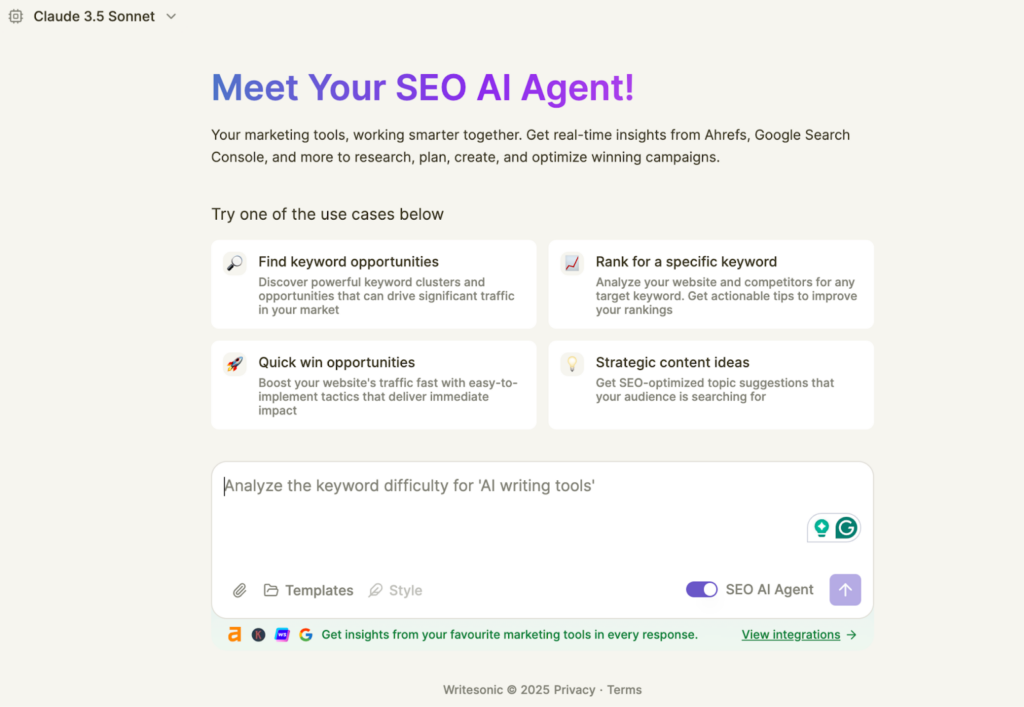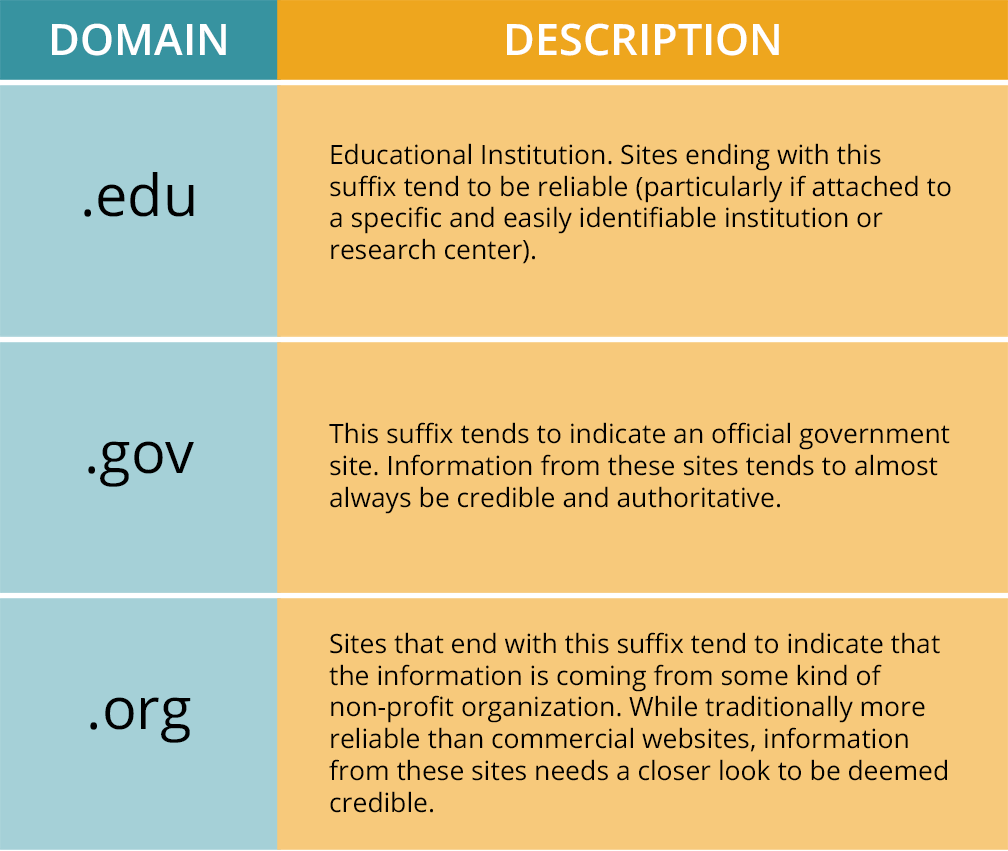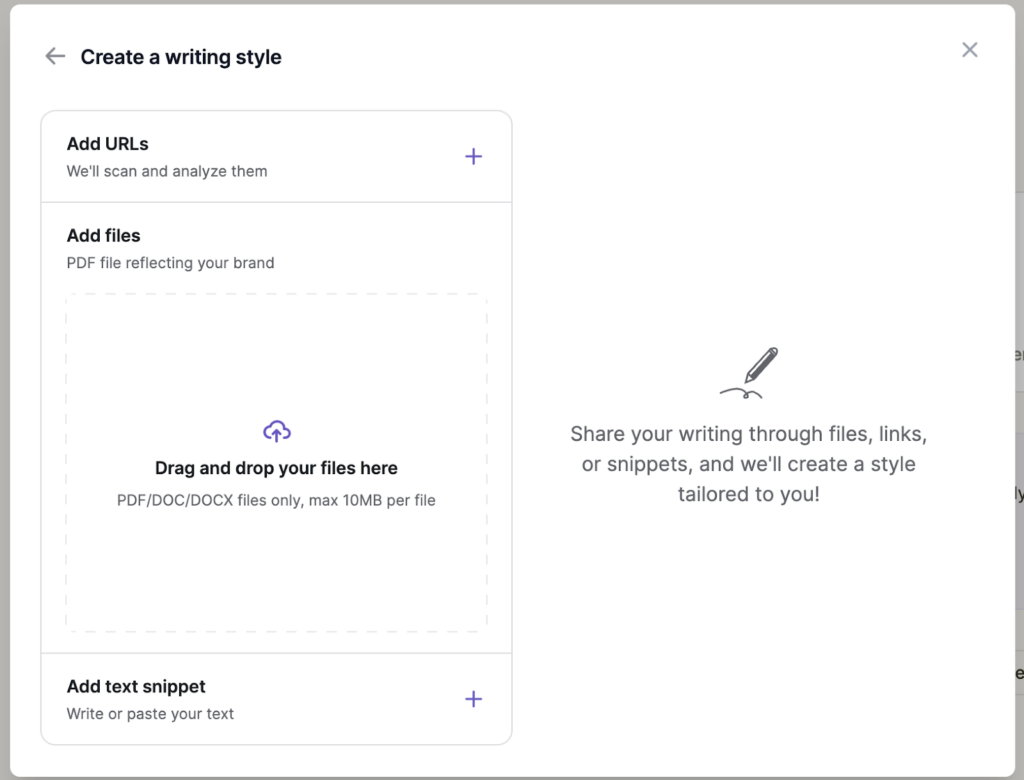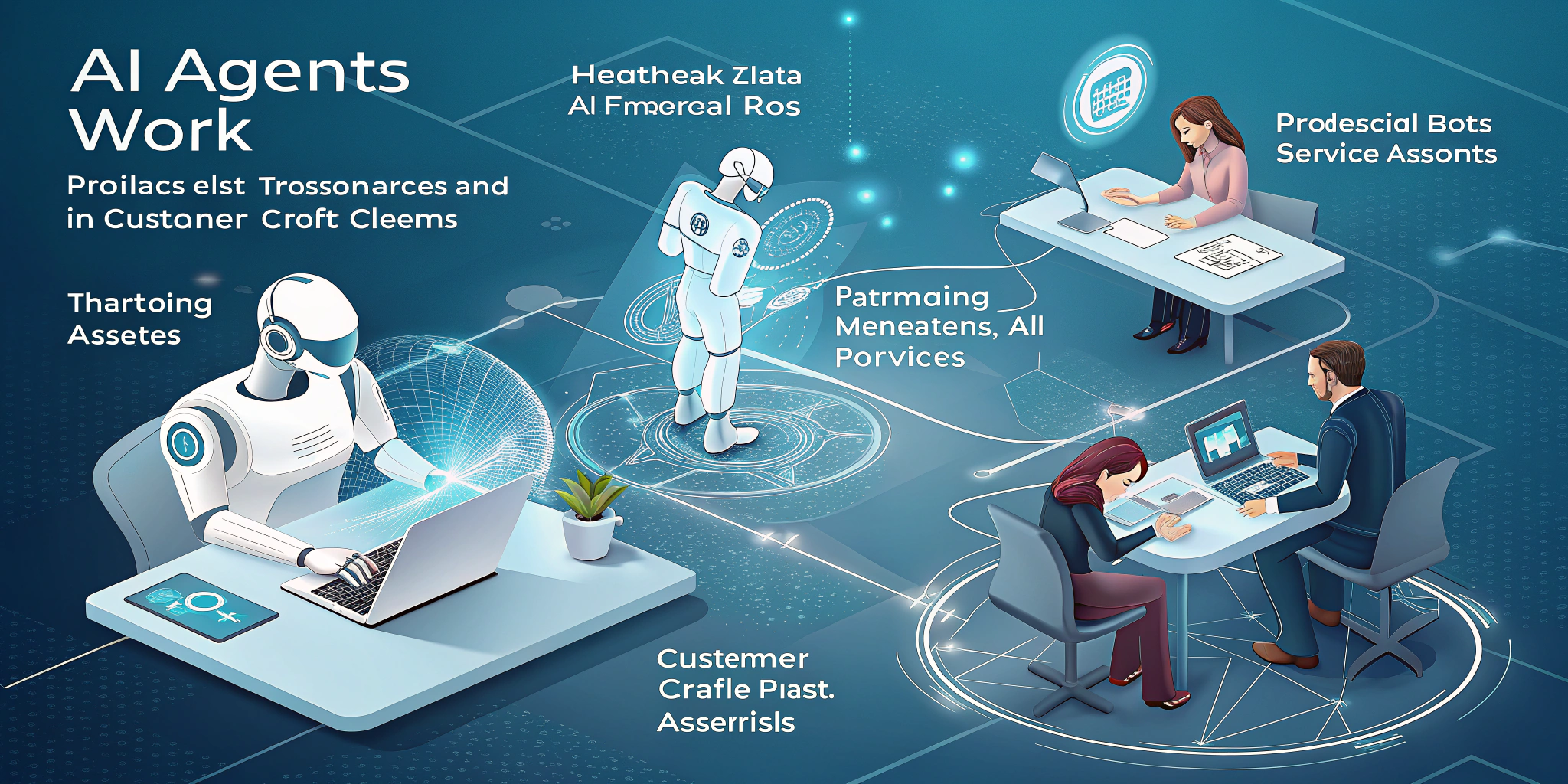AI Agents: Revolutionizing the Digital Landscape

AI Agents: Revolutionizing the Digital Landscape
AI Agents: Revolutionizing the Digital Landscape
Artificial Intelligence (AI) has become an integral part of our modern digital landscape, driving innovation and efficiency across various industries. Among the many components of AI, AI agents stand out as pivotal elements that are transforming how businesses operate and how consumers interact with technology.

Source: AI agents Archives - Writesonic Blog
Understanding AI Agents
AI agents are intelligent systems designed to perform specific tasks autonomously. They can perceive their environment, process information, and take actions to achieve predefined goals. These agents are powered by machine learning algorithms, natural language processing, and computer vision technologies, enabling them to adapt and learn from interactions with users and their surroundings.

Source: Is the source authoritative? - BYUI
Types of AI Agents
- Reactive Agents: Operate based on current perceptions without memory of past actions. Ideal for real-time decision-making.
- Deliberative Agents: Use an environmental model to plan actions by considering future consequences.
- Hybrid Agents: Combine reactive and deliberative architectures for flexibility.
- Learning Agents: Improve performance over time using reinforcement learning techniques.
Applications of AI Agents
The versatility of AI agents makes them applicable across various sectors:
- Customer Service: Virtual assistants and chatbots handle inquiries, provide information, and resolve issues efficiently.
- Healthcare: Assist in diagnosing diseases, recommending treatments, and monitoring patient health.
- Finance: Automate trading, risk assessment, and fraud detection.
- E-commerce: Power personalized shopping experiences and manage inventory.
- Transportation: Enable autonomous vehicles and optimize traffic management.
- Manufacturing: Monitor production lines and predict maintenance needs.

Source: AI agents Archives - Writesonic Blog
Benefits of AI Agents
- Efficiency: Automate repetitive tasks and boost productivity.
- Scalability: Handle large volumes of data and interactions.
- 24/7 Availability: Provide continuous support and services.
- Accuracy: Minimize human errors with consistent data processing.
- Personalization: Deliver tailored experiences based on user data.
- Predictive Insights: Offer forecasts and actionable analytics.
Challenges and Considerations
- Data Privacy: Protect sensitive information during data collection and processing.
- Ethical Concerns: Address fairness and transparency in decision-making.
- Bias: Mitigate discriminatory outcomes from training data.
- Integration: Overcome complexities integrating AI agents into legacy systems.
- Dependence: Maintain human oversight to prevent over-reliance.
The Future of AI Agents
- Improved NLP: Enhance natural interactions and user understanding.
- Advanced Learning: Adopt more sophisticated adaptation algorithms.
- Industry Solutions: Tailor agents for specific sector needs.
- Collaborative AI: Facilitate teamwork between humans and AI systems.
- Ethical Development: Prioritize fairness, accountability, and transparency.

Source: 13 Ways to Rank in AI Overviews - Single Grain
Conclusion
AI agents are transforming the digital landscape by automating tasks, enhancing user experiences, and driving innovation across industries. As AI technology continues to evolve, these agents will play an increasingly important role in shaping the future of businesses and society. By addressing challenges and embracing advancements, organizations can harness the power of AI agents to achieve greater efficiency, scalability, and success.



